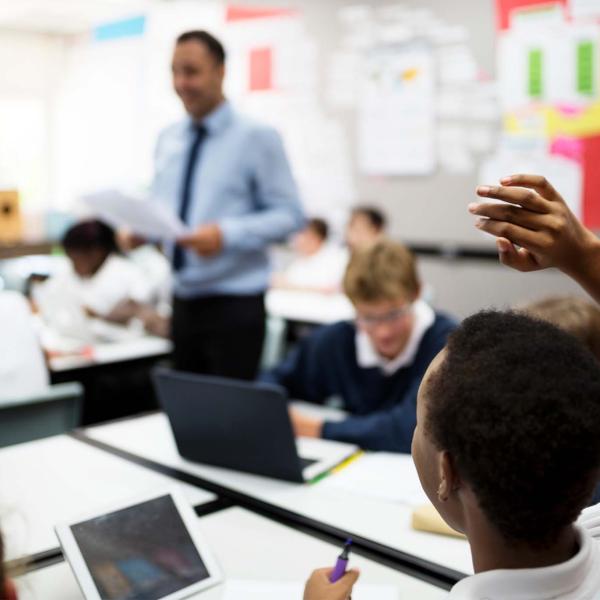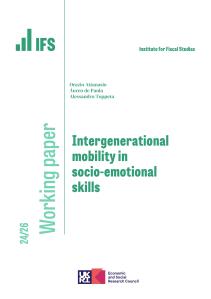Downloads

wp0431.pdf
PDF | 502.02 KB
We examine the contribution of human capital to economy-wide technological improvements through the two channels of innovation and imitation. We develop a theoretical model showing that skilled labor has a higher growth-enhancing effect closer to the technological frontier under the reasonable assumption that innovation is a relatively more skillintensive activity than imitation. Also, we provide evidence in favor of this prediction using a panel dataset covering 19 OECD countries between 1960 and 2000 and explain why previous empirical research had found no positive relationship between initial schooling level and subsequent growth in rich countries. In particular, we show that in OECD economies it is crucial to isolate the two separate margins of primary/secondary and tertiary education. Interestingly, the latter type of schooling proves to be a factor of economic divergence.
Authors

Research Fellow Yale University
Costas is a Research Fellow of the IFS and a Professor of Economics at Yale University and a Visiting Professor at University College London.

Research Fellow London School of Economics
Philippe is an IFS Research Fellow, a Professor of Economics at LSE, at the College de France and at INSEAD, and a Fellow at the Econometric Society.

Jérôme Vandenbussche
Working Paper details
- DOI
- 10.1920/wp.ifs.2004.0431
- Publisher
- IFS
Suggested citation
P, Aghion and C, Meghir and J, Vandenbussche. (2004). Growth, distance to frontier and composition of human capital. London: IFS. Available at: https://ifs.org.uk/publications/growth-distance-frontier-and-composition-human-capital (accessed: 30 June 2024).
More from IFS
Understand this issue

What has been happening with university finances?
27 June 2024

Election Special: Is there a 'conspiracy of silence' between both parties?
6 June 2024

Election Special: The UK economy since 2008
3 June 2024
Policy analysis

How do the last five years measure up on levelling up?
19 June 2024

Free breakfast clubs in schools: what Labour’s plans would mean for pupils and families
25 June 2024

The uncertain course for school and college funding over the next parliament
19 June 2024
Academic research

Economics of Childhood Nutrition Workshop

The impact of labour demand shocks when occupational labour supplies are heterogeneous
28 June 2024

Intergenerational mobility in socio-emotional skills
5 June 2024